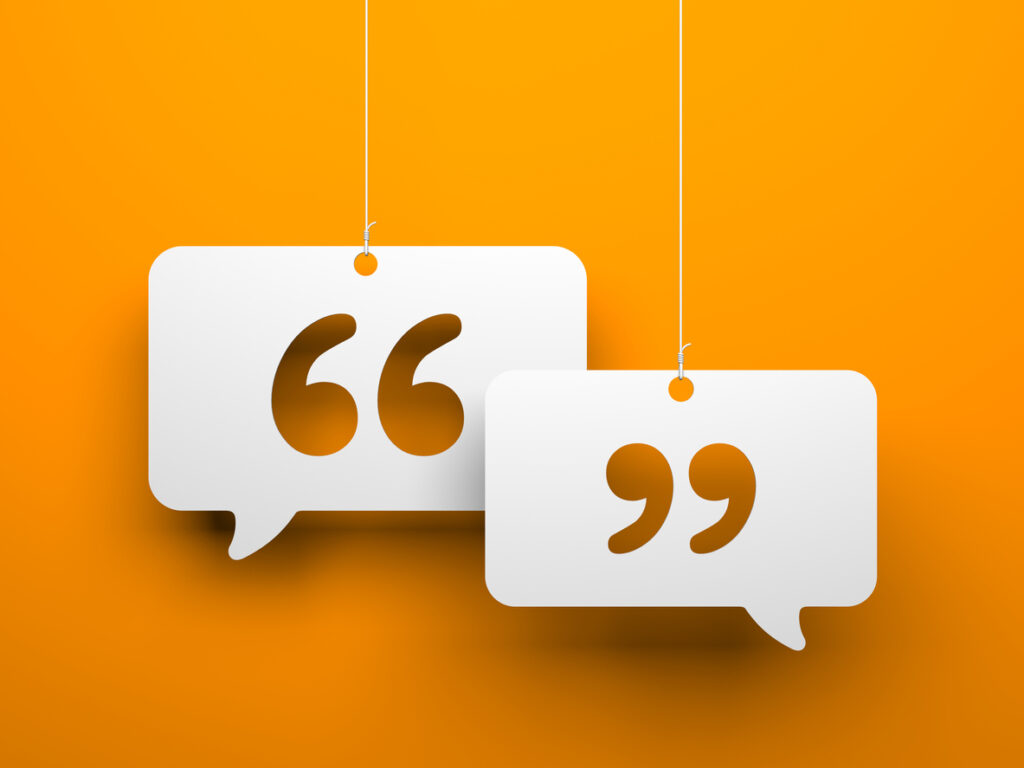Why it’s time to say farewell to that ‘future of work’ trope forever

If the Covid-19 pandemic teaches us anything, it should be that we cannot go back to HR’s favourite ‘day after tomorrow’ rhetoric.
Personal development: how to cope with imposter syndrome during a crisis

Self-isolation exacerbates imposter syndrome for high achievers. How can we mitigate this?
Ethics in the workplace: ethical intelligence and how to achieve it

What is ethical intelligence and why is it important?
Mastering the art of speaking up: the ‘how to’ of being heard

The context for conversations is crucial when it comes to encouraging people to speak up.
Mentoring prepares you for honest feedback – embrace it

Being able to receive feedback objectively and act on it is a skill we should all cultivate.
Company culture: how to rein in bad behaviour in the workplace

How can HR teams manage disruptive personalities at work?
Conflict management: what we can learn from Samurai culture

What we can learn from Japanese communications culture.
Mastering the art of speaking up: why labels matter

The assumptions that block our ability to speak or to listen in the workplace.
Mastering the art of speaking up: how to be better understood

How and why misunderstandings occur and how to listen better so that this doesn’t happen.
Mastering the art of speaking up: the element of risk

The ability to speak up is more complex than many leaders think it is.
Wellbeing at work: the hidden cost of divorce and separation to business

Why don’t more employers offer support for divorced or separated workers?
Neuroscience: the power of brain gender difference in the workplace

Employers should learn to harness brain gender diversity if they want to get the best from the whole workforce.
Mastering the art of speaking up: the importance of trust

Why trust is an essential ingredient in any conversation.
Bullying in the workplace: the ‘illusion’ of bullying versus the reality of harassment

What’s the difference between bullying and harassment?
Bullying in the workplace: thinking outside of the bullying box

The peer-to-peer solution to workplace relationship issues.
Women excel at emotional intelligence – or do they?

Received wisdom is that women are more emotionally intelligent, but does science back this up?
Mince pies, mischief and malice: the shadow side of personality at the office Christmas party

How might your employees display their darker personality traits at the office Christmas party?
Personal development: what is ‘good failure’ and how can employers promote it?

In order to be truly innovative, we need to give our people space to fail occasionally.
Bullying in the workplace: how to monitor and manage unacceptable behaviour

What can employers do to better monitor and prevent such abuse in the workplace?
Ethics in the workplace: how to tackle unethical behaviour

How to recognise unethical behaviour at work and what we can do about it.
